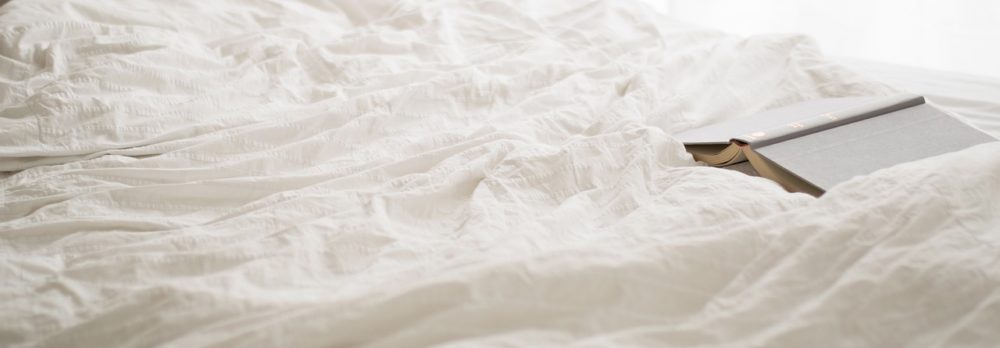You tossed and turned for hours. You stared into the darkness while a million thoughts teased your brain. The next day was a blur. Sound familiar? Maybe the problem is your sleep hygiene.
No, this isn’t one of those delicate problems not even your best friend will mention. Sleep hygiene refers to the ‘what’ and the ‘where’ and the ‘how’ of your sleep. Practising good sleep hygiene habits will improve your chances of having regular, deep, and restful sleep. And that translates into better quality of life during your waking hours.
Sleep hygiene: how to ‘clean up your act’
Sleep rejuvenates your body and your brain. Although the amount of sleep you need might vary, according to your age, good sleep hygiene benefits everyone.
Here are some tips for better sleep hygiene:
Rethink your daily habits
- Regular physical activity will promote healthy sleep, but make sure you complete your exercise before 2pm. Otherwise your higher body temperature could send confusing messages to your brain about your readiness for sleep.
- If you take a nap during the day, limit it to 20 minutes.
- Establish regular times for sleeping and waking. Observe your ‘body clock’ to determine what those times are. Be guided by your own feelings of tiredness, or wakefulness. Healthy exposure to sunlight will also help to set the clock.
- Coffee and cigarettes might initially feel relaxing, but they aren’t called stimulants for nothing. Alcohol might make you drowsy, initially, but will interfere with natural sleep. Avoid them, especially close to bedtime.
Prepare yourself for sleep
- Wind down before bed. A warm bath, low lighting, some quiet time, or meditation will relax your body and send ‘time to sleep’ signals to your brain.
- Bed is for sleeping (and sex). Put a bedroom ban on TV, smartphones, and other screens. If you like to read before you sleep, do it in another room.
- Don’t try too hard. If you can’t sleep after 20-30 minutes, get up and do something else that isn’t strenuous. Perhaps it’s a good time for that (not too exciting) book.
Create the optimal sleeping environment
- Make sure your bedroom is dark, cool, and quiet, and your bed has comfortable and supportive mattress and pillows.
- Eliminate distractions. Remove clocks with electronic displays, and do whatever you can to reduce light and noise levels.
Don’t let stress sabotage your sleep
Your mind matters.
In the end, if you are struggling with worries or trauma that are causing stress, your efforts to improve your sleep might go unrewarded.
Stress can disrupt your nervous system. Your body will initiate its ‘fight or flight’ response to stress, even at night, making sleep almost impossible. In the daytime, on the other hand, your nervous system could shut down, and leave you feeling lethargic and utterly exhausted.
That’s why it’s important to deal with unresolved stress, restore balance to your nervous system, and sleep well.
Reach out if you would like to talk to a practitioner, who will help you with good sleep hygiene habits, and talk through any underlying stress factors that might be affecting your sleep quality.



